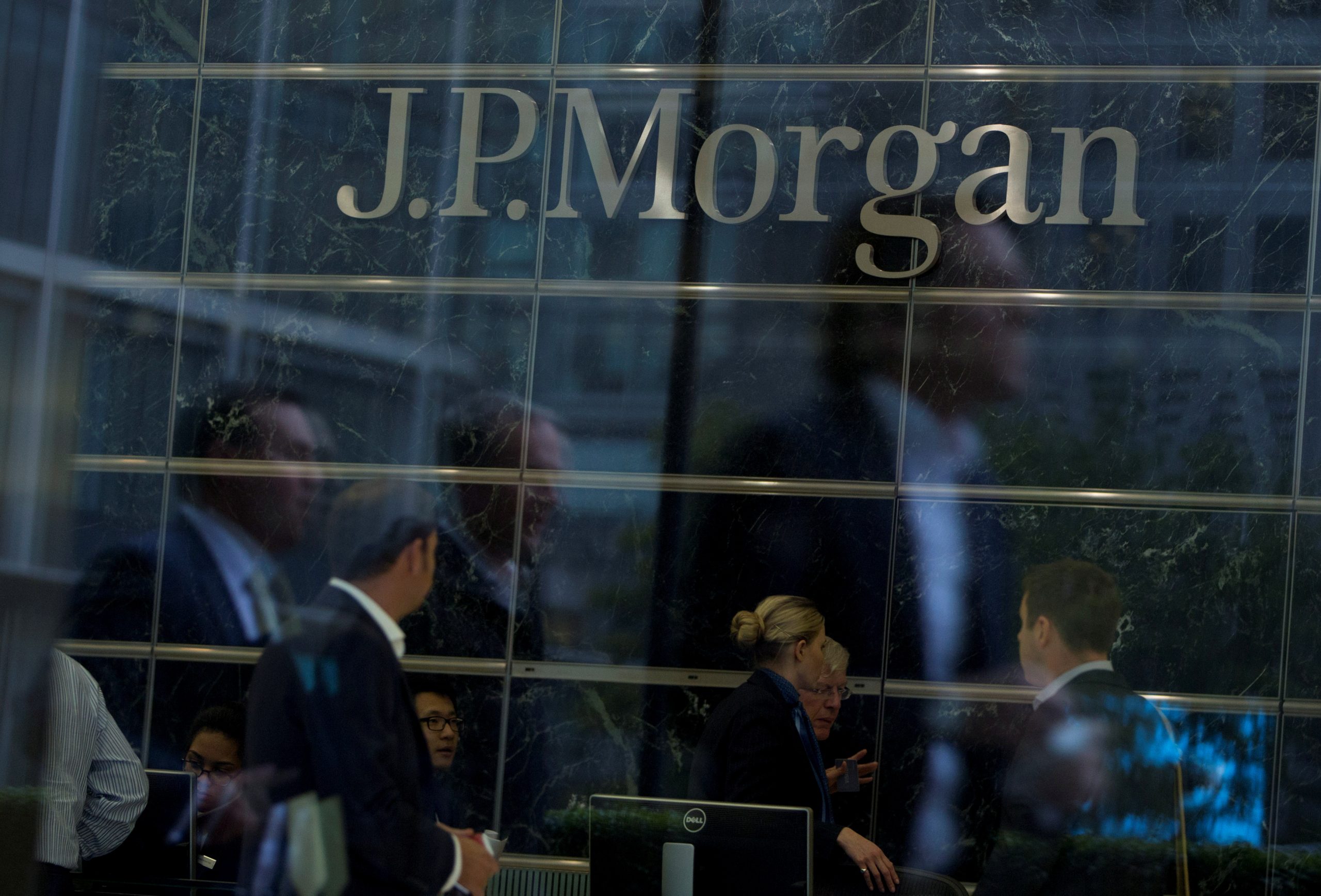
Lauren C. Moye, FISM News
[elfsight_social_share_buttons id=”1″]
JPMorgan Chase CEO Jamie Dimon warned that Americans have mistakenly been led to believe that the global oil and gas markets will remain stable without inflated prices in the coming years as global unrest, anti-fossil-fuel policies, and the Russian-Ukraine war continue.
“That’s a false sense of security that you’ve had this war going on, you know, for nine months or whatever and that somehow it’s okay. Oil prices went way up. Europe’s going through a recession. Migration has been extraordinary,” Dimon said in an interview with CBS’s Margaret Brennan on Sunday.
Dimon has a history of warning of future economic perils, including negative effects on the oil and gas market since the Ukraine war and historically high U.S. inflation began. On Oct. 10, the CEO said that there were four factors at risk of pushing the global economy, including the U.S., into some kind of recession by mid-2023. He mentioned two of those factors, quantitative tightening and the Russia-Ukraine war, in his most recent interview.
In July, Dimon referenced a coming economic “storm.”
Dimon told Brennan that he was even more certain of his previous statements.
“If you to go Europe, they – they would – they’re taking this much more seriously than Americans are,” he added.
One of the biggest concerns that will wreak havoc on the oil and gas markets is the Russian-Ukraine war, according to Dimon, who noted that wars rarely end the way people believed they would at their start.
In 2021, Russia supplied European Union countries with 40% of their natural gas. Russia first invaded Ukraine on Feb. 24, and concerns that Russia would cut off gas exports to the EU over sanctions have been a frequent concern. This has left Europe searching for alternatives, even as their current gas prices increased by 111% this year according to their Household Energy Price index.
Dimon said the danger of the war was “extraordinary” with the possibility that it could go on for years. Even if it did not, he expected the fallout on oil and gas prices to continue after the potential end of the war.
“But this oil and gas thing, it looks like they’re, you know, the Europeans will get through it this winter. But this oil and gas problem is going to go on for years,” Dimon said.
As the world economy has recovered from the early shock of the war in Ukraine, Jamie Dimon tells @margbrennan that there’s a “false sense of security.” He says, “the danger of this war is extraordinary. And it can go on for years.” pic.twitter.com/Ume05cj6vu
— Face The Nation (@FaceTheNation) December 11, 2022
Because of this, he believes governments should be preparing now for the current energy crisis to “get much worse.” This means making provisions for “secure, reliable, cheap oil, and gas.”
A secondary concern to Dimon is that while gas demand might be dipping because of an approaching European recession and a slowdown in demand from China, these would only result in a temporary dip that will continue to drive oil prices down. When those factors reverse, the demand will then increase again.
Meanwhile, the Democrat-led push for clean energy and lower U.S. greenhouse gas emissions has dampened enthusiasm for new investments in the gas and oil sectors. These investors are hesitant to contribute millions of dollars on multiple-year projects without a guarantee that public policy will remain steady enough for that investment to be recouped.
This results in an energy underinvestment that Dimon warned “will hurt you two or three years out.”
However, Dimon believes producing gas is the cleanest way to both protect the climate and alleviate climbing prices. If nations enact “thoughtful policy” now to increase oil drilling permitting and gas plants, then the net increase in carbon emissions would still be lower than if nations had to return to their coal plants to survive an energy crisis.
